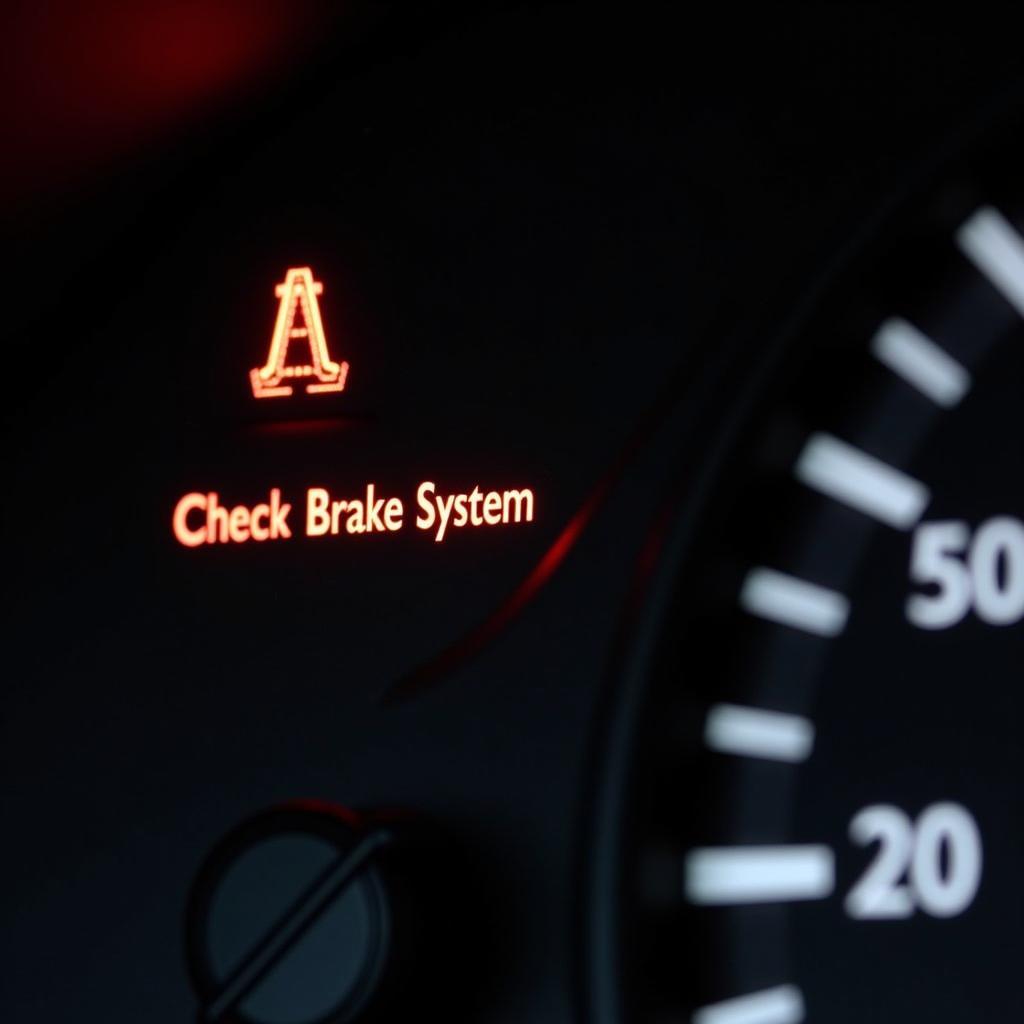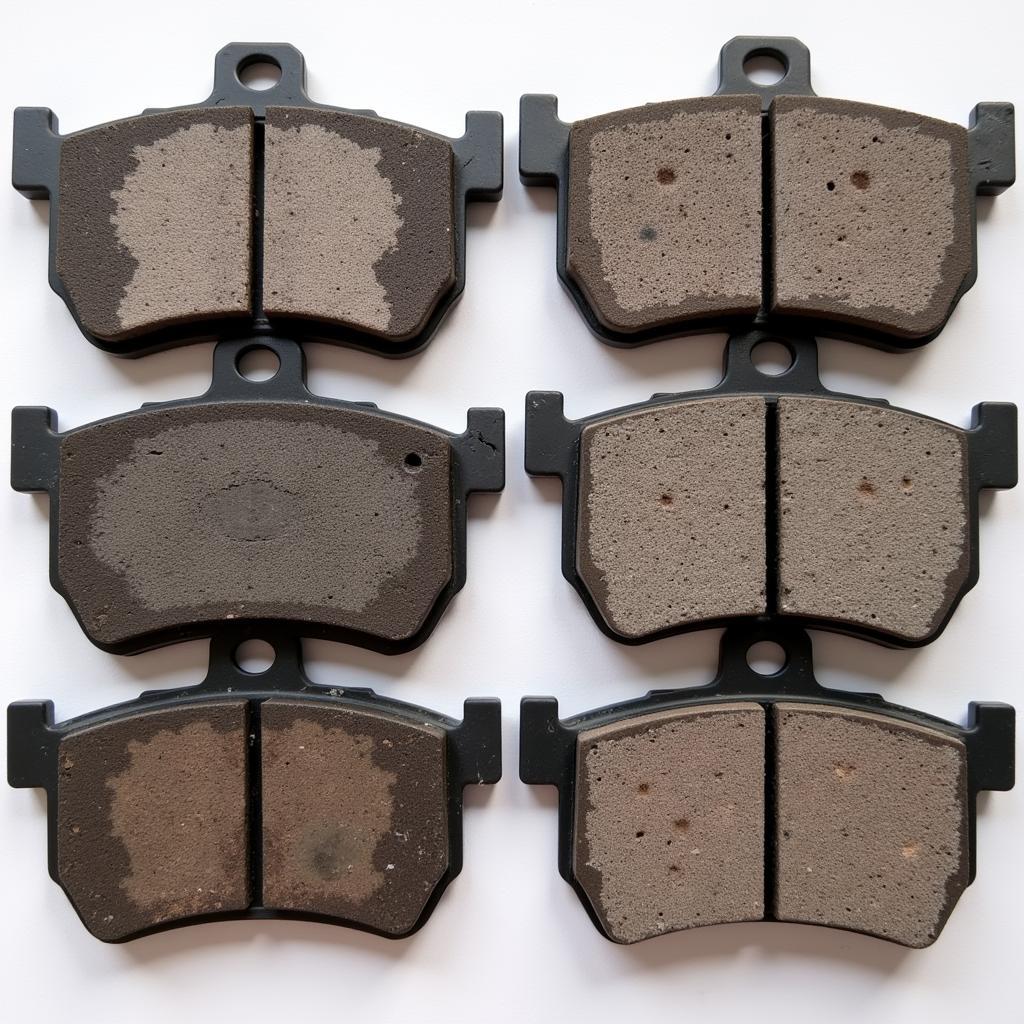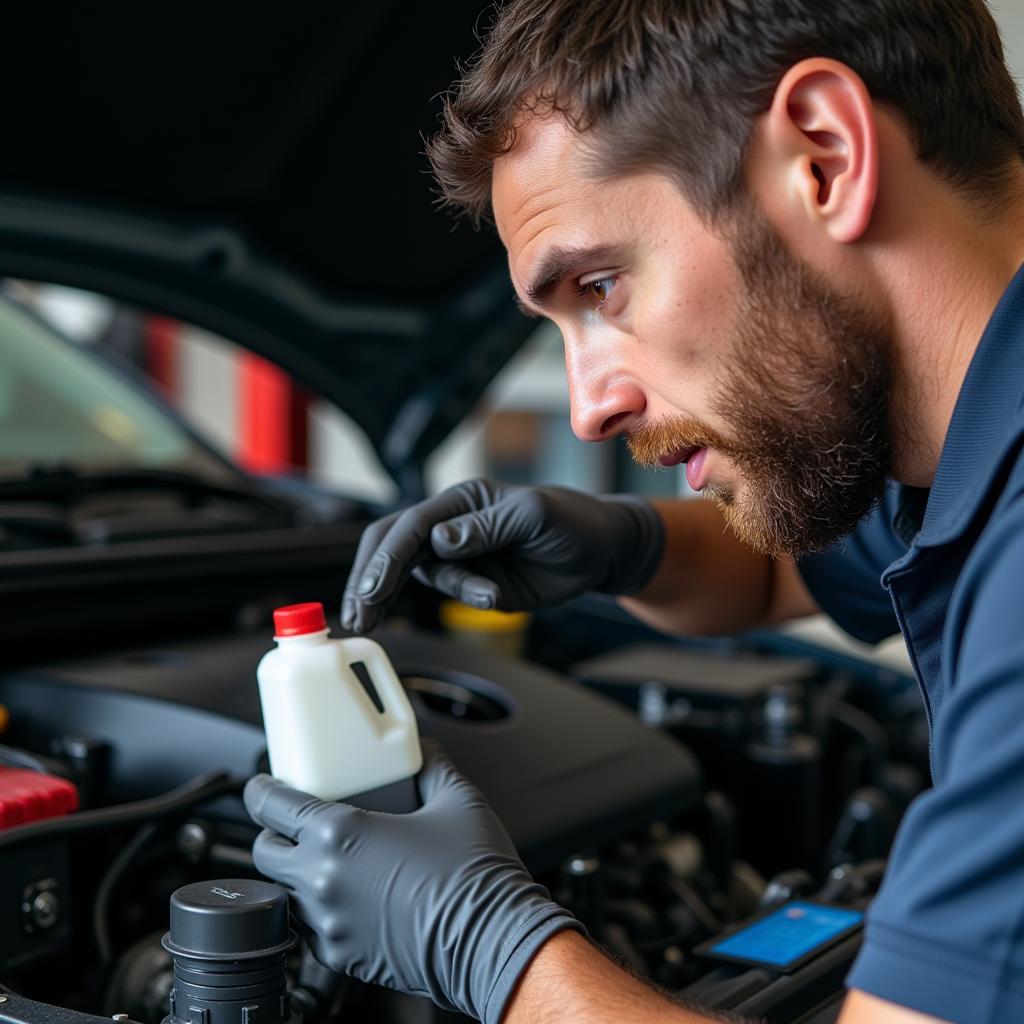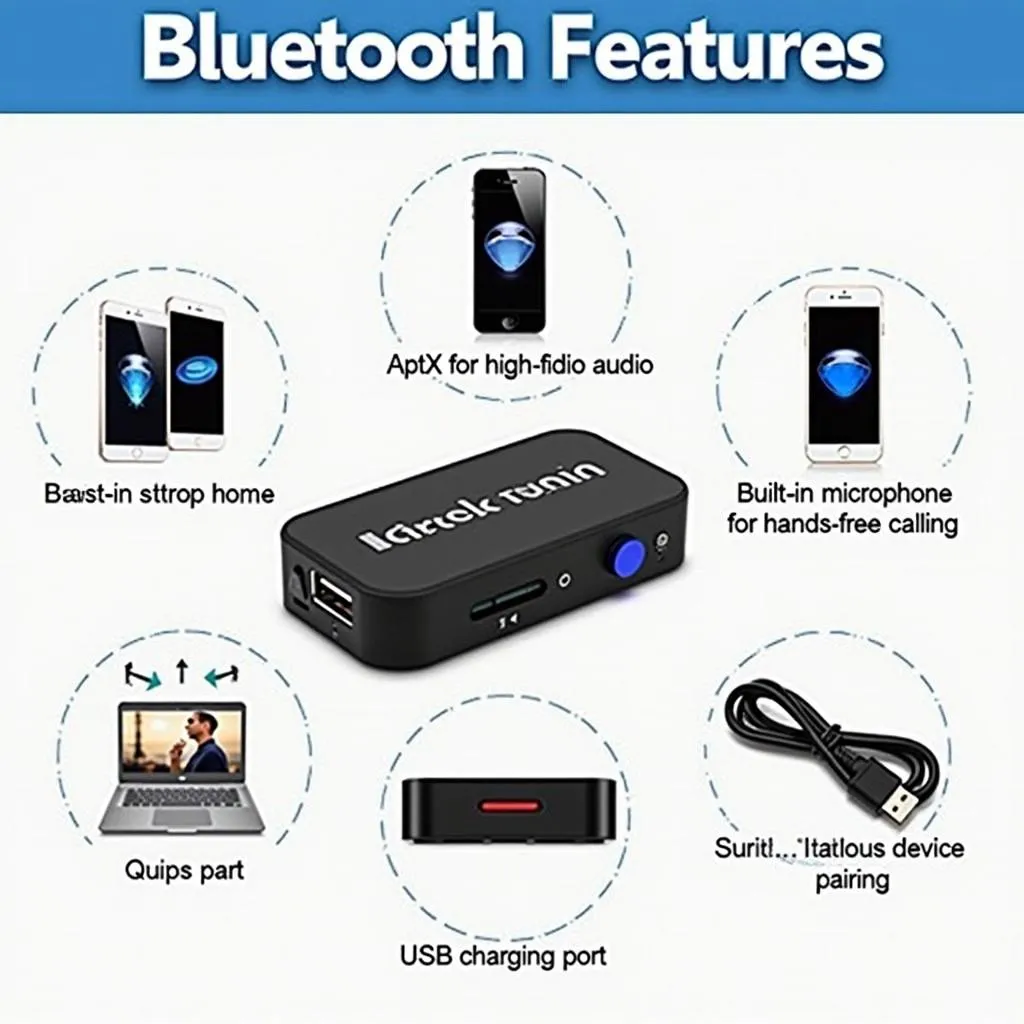The dreaded “Check Brake System” warning light on your Toyota dashboard can be a heart-stopping moment. It signals a potential issue with your braking system, demanding immediate attention. While it can be alarming, understanding the cause and knowing the right steps can help you address the problem effectively and drive with confidence again.
This comprehensive guide dives deep into the common reasons behind a Toyota check brake system warning, provides troubleshooting tips, and outlines potential solutions.
Understanding Your Toyota’s Brake System Warning
The “Check Brake System” warning light is your car’s way of communicating a problem with its braking system. It’s essential to remember that this warning light doesn’t pinpoint a specific issue; rather, it indicates that a component within your brake system requires attention. Ignoring this warning can lead to further damage and potentially dangerous driving situations.
 Toyota dashboard illuminated check brake system warning light
Toyota dashboard illuminated check brake system warning light
Common Causes of a Toyota Check Brake System Warning
Several factors can trigger the check brake system warning in your Toyota. Let’s explore some of the most common culprits:
1. Low Brake Fluid Level
One of the most frequent reasons for the warning light is a low brake fluid level. Brake fluid is the lifeblood of your braking system, transmitting the force from your foot on the pedal to the brake calipers, which then squeeze the brake pads against the rotors to slow or stop your vehicle. A leak in the brake lines or a worn-out brake caliper can lead to a drop in brake fluid level.
2. Worn Brake Pads
Your Toyota’s brake pads are designed to wear down over time. They are a critical component that creates friction against the brake rotors to stop your car. When your brake pads wear thin, a sensor triggers the warning light as an indication for replacement.
 Comparison of worn brake pads with new brake pads
Comparison of worn brake pads with new brake pads
3. Faulty Brake Light Switch
The brake light switch, located behind your brake pedal, is responsible for activating your brake lights when you press the pedal. A malfunctioning brake light switch can disrupt the brake light circuit, often triggering the check brake system warning light.
4. ABS Issues
Modern Toyotas come equipped with an Anti-lock Braking System (ABS). This system prevents wheel lockup during hard braking, helping maintain steering control. A problem with the ABS, such as a faulty wheel speed sensor or a malfunctioning ABS module, can trigger the warning.
5. Electrical Issues
Like any other system in your car, the braking system relies on a network of sensors, wires, and connectors. Corrosion, loose connections, or damaged wiring within this network can disrupt communication signals, leading to the check brake system warning.
Troubleshooting the Toyota Check Brake System Warning
Before heading to a mechanic, there are a few checks you can perform yourself:
-
Check Your Brake Fluid Level: Locate the brake fluid reservoir under the hood. If the fluid level is below the minimum mark, add the correct type of brake fluid as specified in your owner’s manual.
-
Inspect Your Brake Lights: Have someone press the brake pedal while you check if all brake lights illuminate. If you notice any issues, it could indicate a faulty brake light switch or bulb.
 Mechanic checking brake fluid level in a Toyota vehicle
Mechanic checking brake fluid level in a Toyota vehicle
When to Seek Professional Help
If your initial checks don’t resolve the issue, it’s crucial to consult with a qualified mechanic specializing in Toyota vehicles. They have the expertise and specialized equipment to diagnose and address more complex brake system problems.
“Ignoring a check brake system warning is like playing with fire,” says John Davis, a seasoned Toyota mechanic with over 20 years of experience. “It’s always better to err on the side of caution and have your braking system thoroughly inspected by a professional to ensure your safety and that of your passengers.”
Preventive Maintenance for a Healthy Brake System
Preventing brake issues is always better than dealing with them when they arise. Here are some preventive measures to keep your Toyota’s brakes in optimal condition:
-
Regular Brake Inspections: Have your brakes inspected by a qualified mechanic at least once a year or every 12,000 miles, whichever comes first.
-
Timely Brake Pad Replacements: Don’t wait for the warning light to illuminate. Consult your owner’s manual for recommended brake pad replacement intervals for your Toyota model.
-
Quality Brake Fluid: Use high-quality brake fluid and follow the manufacturer’s recommended replacement schedule.
-
Mindful Driving Habits: Avoid harsh braking and coasting to a stop whenever possible. This can help prolong the lifespan of your brake pads.
Addressing the Toyota Check Brake System Warning: Your Path to Safe Driving
The check brake system warning in your Toyota is not something to ignore. By understanding the potential causes, performing simple checks, and seeking professional help when needed, you can address the issue promptly and ensure your Toyota continues to deliver a safe and reliable driving experience.
Remember, your safety on the road is paramount. Don’t hesitate to prioritize your Toyota’s brake system maintenance for peace of mind behind the wheel.
Frequently Asked Questions about Toyota Check Brake System Warnings:
Q1: Can I still drive my Toyota with the check brake system warning on?
A: While you might technically be able to drive a short distance, it’s highly discouraged. Driving with a compromised brake system can be extremely dangerous. Seek immediate attention from a qualified mechanic.
Q2: How much does it cost to fix a Toyota check brake system warning?
A: The repair cost depends entirely on the underlying cause. Simple fixes like a brake fluid top-up are inexpensive, while more complex repairs like ABS module replacement can be significantly more expensive.
Q3: How often should I replace my Toyota’s brake fluid?
A: Refer to your owner’s manual for specific recommendations. Generally, it’s a good practice to replace your brake fluid every 2-3 years or as recommended by your mechanic.
Q4: Can I add any brake fluid to my Toyota?
A: No, using the wrong type of brake fluid can damage your brake system. Consult your owner’s manual or a trusted mechanic for the correct type of brake fluid for your specific Toyota model.
Q5: Is it safe to check the brake fluid level myself?
A: Yes, it’s generally safe to check the brake fluid level yourself. However, if you’re uncomfortable doing so, consult a qualified mechanic.
Remember, your Toyota’s brake system is critical for your safety on the road. Don’t hesitate to seek professional assistance from a qualified mechanic if you have any doubts or concerns.

